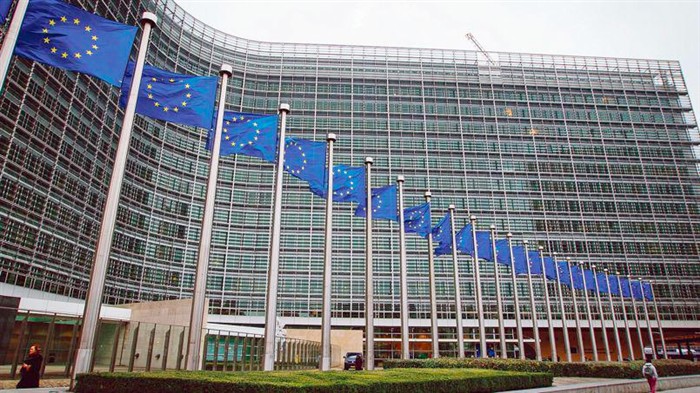NGOs Call Amazon EU Antitrust Proposals ‘Vague’

Group of non-governmental groups calls Amazon EU antitrust concessions vague and full of loopholes, following consumer group criticism
Non-governmental bodies and a consumer group have criticised proposals by Amazon as the e-commerce giant seeks to avert a possible EU antitrust fine.
A group of eleven NGOs said Amazon’s proposals were “weak, vague and full of loopholes” and could be easily evaded or abused by the company.
The group urged the European Commission to force Amazon to split its marketplace from its retail and logistics operations to avoid anti-competitive dominance of interrelated services.
The group also said Amazon’s concessions would be less stringent than the requirements for large internet “gatekeepers” under regulations set to come into force next year.

‘Vague’
“They are weak, vague and full of loopholes, leaving too much room for evasion and abuse by Amazon,” stated the group, which includes LobbyControl, the Centre for Research on Multinational Corporations (SOMO), the Austrian Federal Chamber of Labour and the European Public Services Union.
“Moreover, the proposed limitation of these commitments to five years, or indeed any time horizon at all, is unjustifiable.”
Pan-European consumer group BEUC said Amazon should agree not to access the data of third-party sellers and not just to stop using it, as the company proposes.
The company’s proposed second buy box should be tested independently, BEUC said.
Data abuse
The Commission gave third parties until 9 September to provide feedback on Amazon’s offer, which includes a promise not to use sellers’ data for its competing retail business and private label products.
The proposal says Amazon would treat sellers equally when ranking their offers for the “buy” box on its website and would include a second buy box for a rival product if it differs substantially in price and delivery.
The Commission in 2020 said that Amazon was “systematically” using data from third-party sellers on its marketplace to benefit its own retail business.
The agency said at the time it had also opened a second antitrust probe into the possible preferential treatment of Amazon’s own retail offers and those of marketplace sellers that use Amazon’s delivery services.